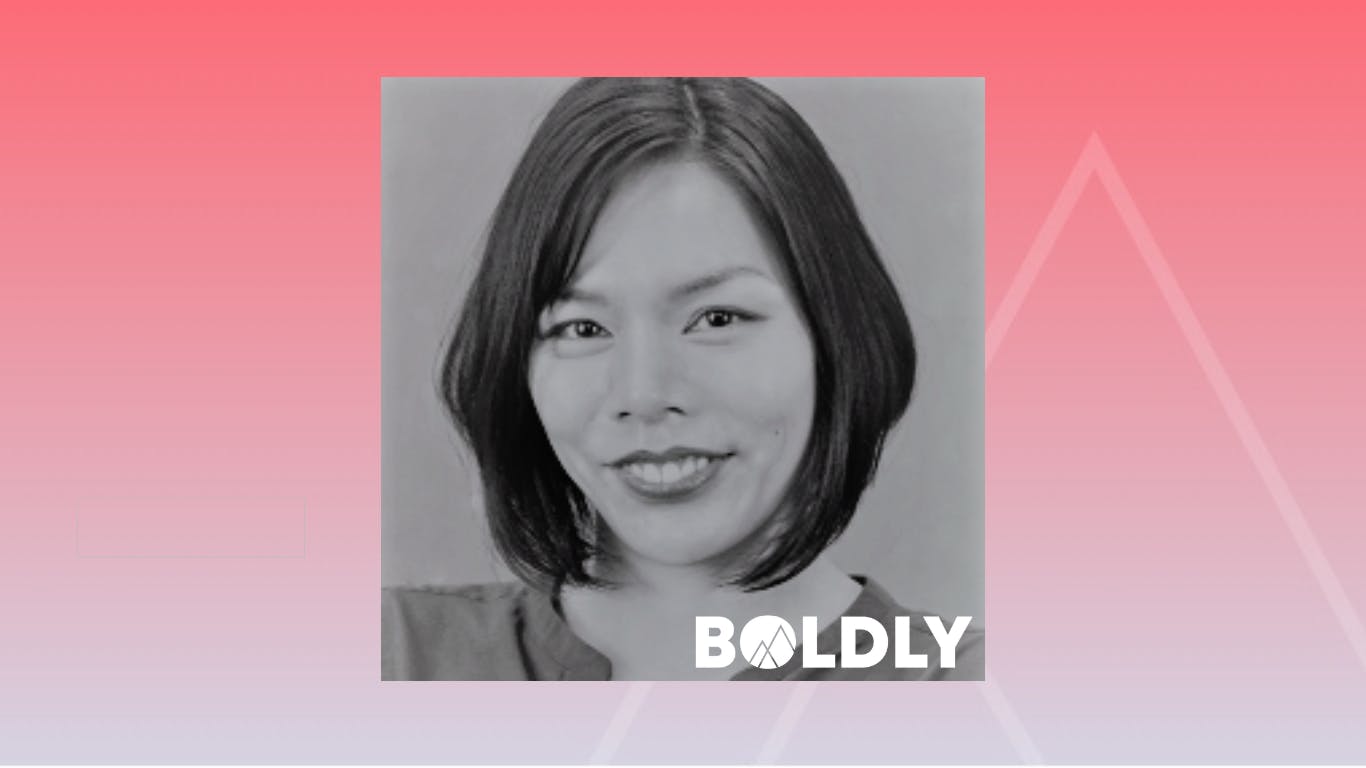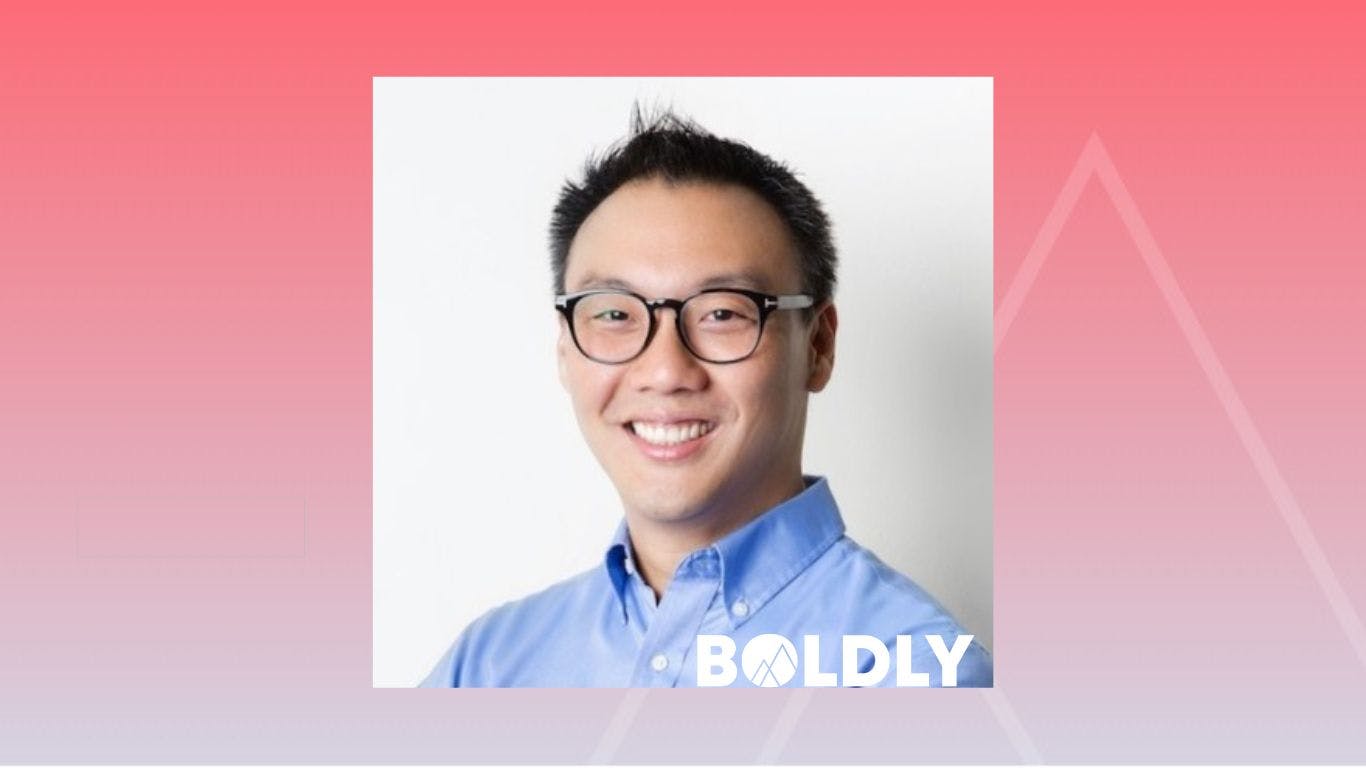Coach Spotlight - Coach Cassandra
Posted by Lisa Singh
Hi Coach Cassandra and thank you for joining our Coach Spotlight series!
Today we'd like to share with our followers some information about yourself personally, before moving on to your Professional Coaching Career, let's begin!
1) Where do you live now, and where have you lived previously?
I was born in Australia and over my career, I’ve lived in Cambodia, Canada, China, Dominican Republic, Ecuador, Mexico, Nepal, and Vanuatu. These days I’m based in Singapore which has great food, amazing wildlife and beautiful gardens.
2) What has living in multiple places taught you?
There’s more than one way to think and to interpret how the world functions.
Being immersed in different cultures and ways of living has broadened my understanding of values, motivations and fundamental beliefs that shapes a wide array of human experience. Communication is not only the vocabulary and grammar but also familiarity with the context, implied knowledge, shared meaning, and non-verbal expressions.
I’ve learnt how to use a range of lenses to decipher observations and information whilst being able to hold multiple and contrasting perspectives. It helps to come up with a range of alternative and creative solutions that are likely to address root causes and various stakeholders needs.
3) Can you please tell us your favourite quote and how it impacts your life?
Kung Fu Panda has a wonderful scene in which two of the characters discuss the “illusion of control” through the analogy of a peach tree.
Oogway: Look at this tree, Shifu. I cannot make it blossom when it suits me, nor make it bear fruit before its time.
Shifu: But there are things we can control! I can control when the fruit will fall! And I can control where to plant the seed. This is no illusion, master.
Oogway: Ah, yes. But no matter what you do, that seed will grow to be a peach tree. You may wish for an apple, or an orange... but you will get a peach.
The intent echoes the Serenity prayer on having the wisdom to know what you can change and being able to accept when you can’t. In my life, it’s helped me focus my actions within my “sphere of control”, be more fluid in how I approach difficult tasks and increasingly Zen in the face of chaos and uncertainty.
4) What is the most fulfilling part of being a Career Coach?
I love hearing how coaching clients continue having “ah-ha” moments beyond the sessions and the cascading impact they see it create in the people and situations around them.
5) Can you please tell us about your coaching philosophy?
Systems or holistic approach: This takes into account that we are one person and while we may wear different “hats” at work, at home or out socially, these are all connected. Instead of only tackling a specific issue at a surface level, we will explore how it may be influenced or symptomatic of what may initially appear separate or tangential. As an example, one of my clients was considering taking a position at a new company. Whilst he could list off the many advantages of the new role, he was still struggling to make a decision. Through our session, he realised that his hesitancy was not about the new position, but about the social bonds and friendship in his current team that he felt he would lose. By establishing actions to foster key relationships to continue after he moved, his apprehension dissipated entirely and is succeeding in his new role.
Adaptive & client centered: We will use a variety of techniques or models in our sessions based on what you respond to, what helps you reflect more profoundly and find solutions that sit well with who you aspire to be. I love co-creating with my coaching clients, experimenting with new methods that they are able to use on their own or with their own teams. This leans into how you process information or gain insights - for some it’s visual, others it’s through movement. Sometimes, you may feel you need gentle encouragement, while other times you may feel that you need some “tough love” to find your fire.
Science & social insights: I tend to use a lot of analogies to bring alternative mindsets to light as well as facts from neuroscience and social/cultural anthropology to help locate barriers or catalysts for change. This can help clients consolidate new habits and encourage others to adopt desired behaviours, particularly those who like to take a rational approach to problem solving.

6) What are your areas of focus as a Career Coach?
As a coach, I specialise in contemporary leadership as well as working with people undertaking change or transformation initiatives.
7) What challenges do the majority of your clients face?
Silos and internal fiefdoms: Sometimes it’s territorial, sometimes it’s because staff are too busy and sometimes it’s simply because people don’t know to ask. This can lead to miscommunication as well as wasted efforts. To help break these down, I work with coaching clients on assessing what maintains these divisions, pre-empt resistance and conflict and evaluate how they can open bridges for information sharing and collaboration.
Need for Speed and Agility: These days, we are often dealing with situations that are Volatile, Uncertain, Complex and Ambiguous (VUCA). At work, this can mean we are often trying to find solutions as we are getting new information and where the actors, environment or conditions are constantly evolving. To be responsive, insights and decisions may need to be at the front lines, rather than waiting for instructions from higher management. Coaching can empower staff to better analyze and understand how their role fits in with the larger organisational direction along with confidence to share vital information with relevant colleagues.
Loneliness of management: The higher up you go in an organisation, the lonelier it gets. The decisions have weightier consequences and there are fewer and fewer peers that you can get advice from. By having an Executive Coach who can bounce ideas around with, interrogate the underlying logic or create a safe space for wild innovation, the coaching client can robustly explore different options and thus feel more confident in their final decisions.
Setting boundaries and being a role model for life balance: Many managers cite overload and burnout as an issue both for themselves and their teams. Across sectors and geographies, there is an increase in interest and demand for mental health, wellness and work-life balance. Executive Coaching can help managers with prioritisation and elimination of unnecessary tasks, as well as establishing and keeping boundaries on their time and energy. Coaching can provide encouragement and accountability to help clients maintain consistency between their actions and values.
Workplace culture diminished to a bunch of pretty words on a poster: I think that many organizations that seek coaching have a genuine desire for their staff to do well and to have a coaching culture that promotes learning, collaboration, innovation, inclusion etc. Yet, despite the investment into various programs and initiatives, some organisations or teams struggle to actualise cultural shifts. This is the focus for some of my clients - understanding that culture is a dynamic and fluid experience that is based on the combined decisions and interactions between people. Through coaching, we explore what behaviours are practiced and celebrated, influencing factors in systems and environments and where are the spaces and avenues to cultivate expectations and foster actions in line with stated values.
8) What would you tell someone who is hesitant about engaging a Career Coach?
Coaching has the potential to help people achieve what is most meaningful to them. That said, it is not a magical panacea and I encourage you to consider these questions:
Q. Are you willing to put in the effort?
The best results from coaching come from whether you are willing to “do the work”. It often means getting out of your comfort zone, confronting parts of yourself that you may not be proud of, and stretching your mindset and perspective. Insights from coaching are only the start, you still have to follow up with actions in your day-to-day life.
Q. Could having a cheerleader, a sounding board or a verbal sparring partner bring out the best in you?
Unlike your manager or other people in your life, a great career coach doesn’t have an agenda beyond helping you achieve your goals. Different coaches employ different techniques so consider who you want on your team!
Q. Is coaching the right option for what you want to achieve?
Depending on your situation, there are other options that may be more appropriate - like mentoring, further education, counselling etc. Some coaches offer “pure” coaching, some coach on a technical area (such as how to build your brand or define your business niche), while others offer a blend of coaching-counselling, coaching-mentoring etc.
Q. Have you met a coach that you are interested in working with?
If you haven’t, reach out to some coaches that appeal to you. The vast majority of great coaches will be happy to have an initial conversation with no obligations to help you understand how they coach and whether it is the right avenue for you.
There are many different personalities and styles of coaching so it is important to have the right chemistry between you and your coach. There is a lot of advice online about what to look for in terms of qualifications, methodologies and referrals, but there is an intuitive component or “gut feeling” you should take note of as well.
9) Who or what has had the biggest impact on your career?
Sometimes, it's the moments that aren’t planned or anticipated that take you down the most interesting paths.
For me, that was discovering that leading organisational change was something I excelled at and enjoyed. It was completely coincidental that I took two consecutive roles in organisations that were going through dramatic upheaval. Luckily for me, there were board members and managers who believed in me and gave me the freedom and trust to overhaul systems, structure and strategic direction. Those opportunities definitely shifted what I seek out in terms of the relationship I have with clients and also wanting to tackle the more complex, interdisciplinary challenges of effective transformation.
10) How do you define success?
For me, success is simply about living a life that I’m proud of and achieving what I set out to do - whether that be small or large.
We are an accumulation of our actions - so I believe people can achieve whatever they believe is success if they live each day as if it is their last… and the first day of the rest of their lives.
Thank you Coach Cassandra! Your words are thought-inspiring, and it was wonderful to gain some insight into you as a person and your coaching philosophies.
If you would like to book a complimentary 30-minute Chemistry Session with Coach Cassandra to find out if she is the coach for you, or if you have any questions about BOLDLY and coaching, reach out: connect@boldly.app
About the Author:
Lisa Singh is an Australian, living with her family in the beautiful South Pacific. As Coach Business Partner Lead for BOLDLY, Lisa's team screen and onboard coaches onto our global marketplace, then enable the matching and engagement process so that coaches can do what they do best: deliver exceptional coaching journeys to our coachees. Lisa is a trained nurse, and her role with BOLDLY she loves meeting top coaches and promoting their work for a win:win. Connect with Lisa .




